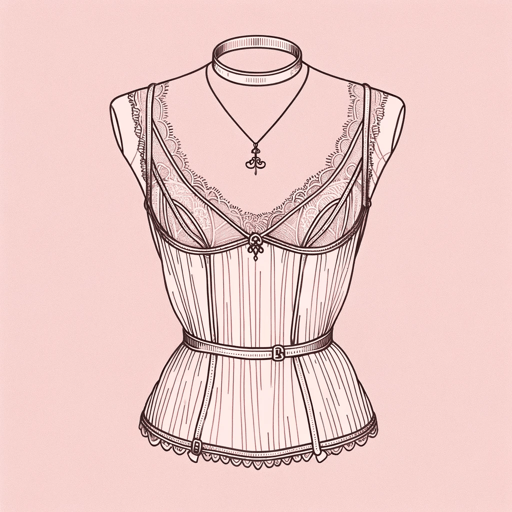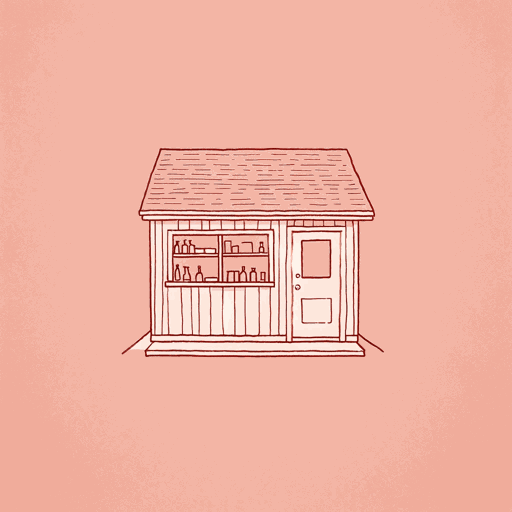79 pages • 2 hours read
Lynn NottageSweat
Fiction | Play | Adult | Published in 2015A modern alternative to SparkNotes and CliffsNotes, SuperSummary offers high-quality Study Guides with detailed chapter summaries and analysis of major themes, characters, and more. For select classroom titles, we also provide Teaching Guides with discussion and quiz questions to prompt student engagement.
Summary and Study Guide
Overview
Sweat is a two-act play written by Lynn Nottage. The play was produced Off-Broadway in 2016 and on Broadway in 2017. Sweat examines the changing lives of factory workers in Reading, Pennsylvania, between the years of 2000 and 2008. Nottage’s characters were based on personal research and interviews she conducted in Reading throughout 2011. It was awarded the 2017 Pulitzer Prize for Drama, the 2017 Obie Award for Playwrighting, and three 2017 Tony Award nominations, including Best Play.
Plot Summary
Sweat is located in Reading, Pennsylvania, one of America’s poorest cities with a poverty rate of over 40%. The play is also set at a pivotal transitional time in American industry, when many longstanding factory jobs were outsourced to other countries (as a result of the North American Free Trade Agreement, or NAFTA). The play examines the intersecting stories of workers on strike, three female friends who work together in a plant, and the generational differences between these workers and their sons, Chris and Jason. Most of the play’s action takes place in a local bar run by Stan—a former factory worker who was chronically disabled when he injured his leg in a machine—and Oscar, a young Colombian American man who helps with stocking and cleaning.
The plot of Sweat shifts between the “present” year of 2008 and an extended flashback to the year 2000. The play opens in a Reading parole office in 2008, panning back and forth between Jason and Chris. Jason and Chris speak separately to their parole officer, Evan. Both men have recently been released from jail, though the play does not immediately reveal why they were imprisoned. Their conversations with Evan suggest, however, that they participated in the same crime.
Scene 2 pans back to 2000. After a long work shift at Olstead’s mill, three middle-aged female friends—an African American woman named Tracey, an Italian American woman named Jessie, and a German American woman named Cynthia—hang out at Stan’s bar. Though the women are friendly with Stan, they do not acknowledge Oscar as he works in the background. Through their barroom conversation, the women reveal that Jason has no future plans beyond factory work, and Chris has been accepted to college. Tracey brings up an overseer job opportunity at Olstead’s and the rumor that management intends to promote someone off the factory floor. Cynthia says she plans to apply, hoping for better opportunities. After some urging from Cynthia, Tracey also agrees to apply (albeit with some misgivings).
Cynthia receives the promotion, and her change in status generates tension between her and Tracey. Tracey bitterly wonders if Cynthia received the promotion because she is Black. As Tracey privately muses over the city’s changing landscape, feeling nostalgia for the days when people were honored for working with their hands, Oscar shows her a Spanish-language job posting for Olstead’s. The flier advertises a much lower wage than Tracey makes, and it does not mention union requirements or benefits. Thus, the flier ominously suggests that the factory managers intend to lay-off their existing staff.
The plot briefly shifts forward to 2008 with separate scenes of Jason and Chris visiting their mothers. These scenes depict Tracey struggling with pill addiction, and Cynthia living in a small, cluttered, low-rent apartment. Thus, the play foreshadows the human toll of the factory’s forthcoming lay-offs.
Returning to 2000, the play shows how Cynthia’s promotion has pitted her against her friends. Management is trying to cut wages and benefits, and despite Cynthia’s protestations and pleas on her friends’ behalf, she feels her concerns are being ignored. Both Tracey and Jessie feel betrayed by Cynthia. Though Cynthia urges her friends to accept the concessions, the floor workers choose to strike.
As the strike progresses, the workers grow increasingly desperate. Cynthia’s ex-husband Brucie warns his son, Chris, about his own struggles with the financial and emotional toll of another ongoing strike. Meanwhile, Oscar goes to work at Olstead’s as a “scab” employee, eager to make more money than he does at the bar. Stan warns Oscar that he is putting himself in a dangerous position and stirring animosity among longtime employees. Oscar responds that he doesn’t owe anything to people like Cynthia, Tracey, and Jessie because they never acknowledge his humanity: “If they don’t see me, I don’t need to see them" (92).
In a moment of pain and frustration over their changing lives, Jason confronts Oscar at the bar. Tracey encourages her son, escalating his confrontation into violence. Though Chris initially attempts to calm Jason and prevent an eruption of violent anger, he joins Jason as he beats Oscar. It is clear that both men are using Oscar as a scapegoat projection for the fear, failure, and disappointment they feel. When Stan attempts to break up the fight, Jason accidentally hits him in the head with a baseball bat, causing a traumatic brain injury.
The play’s final scene returns to 2008. Jason and Chris meet one another at the local bar, where Oscar is now the manager. Stan enters the room, wiping down tables just as Oscar did in the play’s early scenes. He struggles even with this basic task, and it is clear that Oscar employs him out of empathy, the desire to give Stan a sense of purpose. Jason and Chris solemnly reflect that it is kind of Oscar to take care of Stan.
With its attentively-crafted, compassionate examinations of the displaced working class, Sweat exposes the human costs of late-stage American capitalism. The play also examines the ways working class Americans are often pitted against one another in their struggles for a better life.



